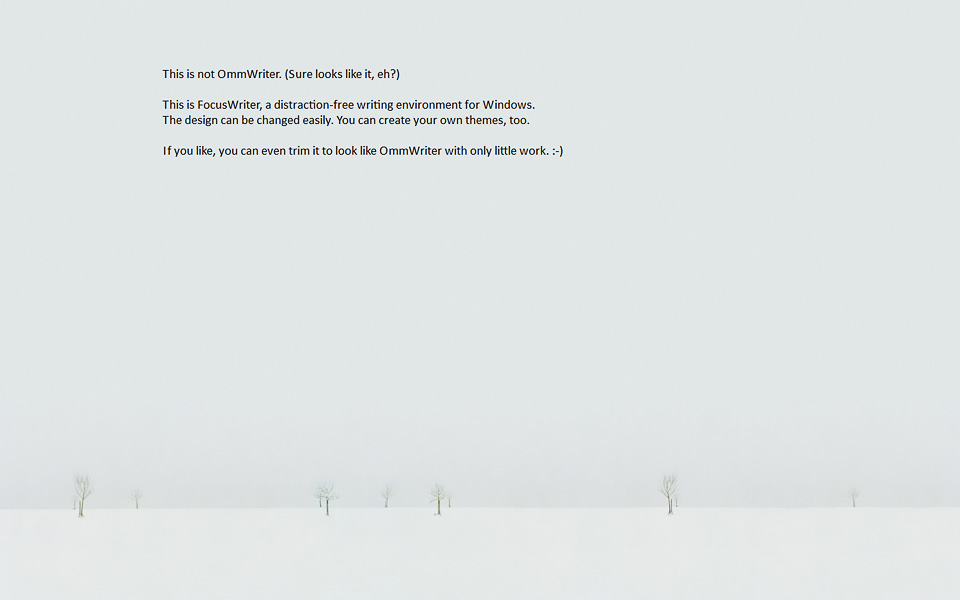
What I was looking for was a cross-platform tool (with apps for Mac, Windows, iOS, and the ability to edit in the browser).

Any suggestions?” I got tons of excellent responses, some of which are featured here. And three years from now, the tools and how we use them will be just as different.” That was a prescient sentence, because just over three years after writing that piece, I’m writing this one inside of a collaborative writing platform that isn’t Google Docs.Ī few days ago, I tweeted, “Looking for a distraction-free word processor. I wrote in that piece, “ has changed dramatically in the last 3 years. In that last piece, I featured a handful of alternatives to Google Docs, but I still advocated for Google Docs, in spite of having also worked in some really excellent open source alternatives. And I proselytized.Ī few of the pieces I’ve written about Google Docs over the last several years:Ĭollaborative and Public Writing Techniques for Google Docs (with Charlotte Frost) Friendships developed for me inside Google Docs. I organized and contributed to two collaborative novels. Hybrid Pedagogy, the journal I co-founded, started using Google Docs as its primary mechanism for peer review, with authors and editors working together (and openly) inside a single document. The notion of a single author in a byline became increasingly strange to me. Very quickly, the majority of my writing became collaborative, my sentences and paragraphs populated by colleagues from around the world.


I was a hugely enthusiastic early-adopter of Google Docs, mostly because of the way it changed the nature of my work, helping me find new ways to work with others in real time and at a distance. I have been thinking about doing this for several years. I recently started the work of extracting myself and my work from Google Docs.


 0 kommentar(er)
0 kommentar(er)
